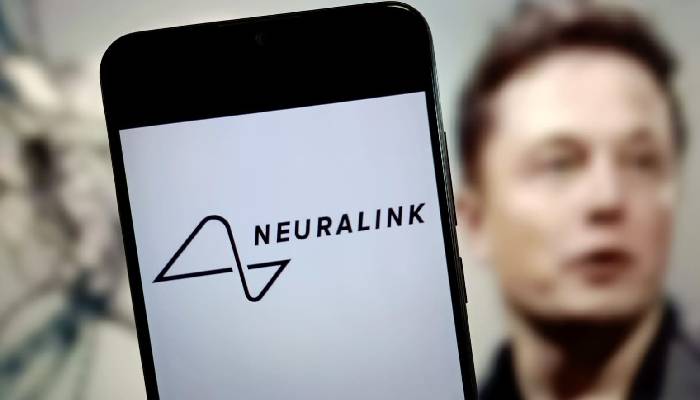
Elon Musk’s brain-implant company Neuralink admitted to encountering technical faults after introducing a brain-chip to its inaugural human patient.
As per Al Arabiya News, the announcement was made on Wednesday in a blog post celebrating 100 days since Noland Arbaugh got his Neuralink implant.
The company disclosed that some of the threads connecting the chip in Arbaugh's brain pulled back, slowing down the implant's data transmission and performance.
Arbaugh, who became paralyzed below the shoulder due to a diving accident, got a brain-computer interface (BCI) implanted in a part of his brain that controls the intention to move.
However, the primary aim of the implant is to assist paralyzed patients in controlling a computer cursor or keyboard solely with their thoughts.
In January, the individual underwent the chip implant procedure, and by March, Neuralink showed Arbaugh playing chess online and using the chip to move the cursor.
Meanwhile, the device is designed to record neural activity through 1,024 electrodes spread across 64 flexible threads thinner than human hair, and capable of being placed independently in the brain.
The website mentions bits-per-second (BPS) as the standard measure for cursor control speed and accuracy, with higher BPS values indicating improved control.
“In the weeks following the surgery, a number of threads retracted from the brain, resulting in a net decrease in the number of effective electrodes. This led to a reduction in BPS,” the company explained.
Moreover, despite facing challenges, the company managed to implement some modifications to resolve the issue.
“In response...we modified the recording algorithm to be more sensitive to neural population signals, improved the techniques to translate these signals into cursor movements, and enhanced the user interface.”
Additionally, the company observed that these adjustments led to a swift and consistent enhancement in BPS, surpassing Arbaugh's initial performance.












